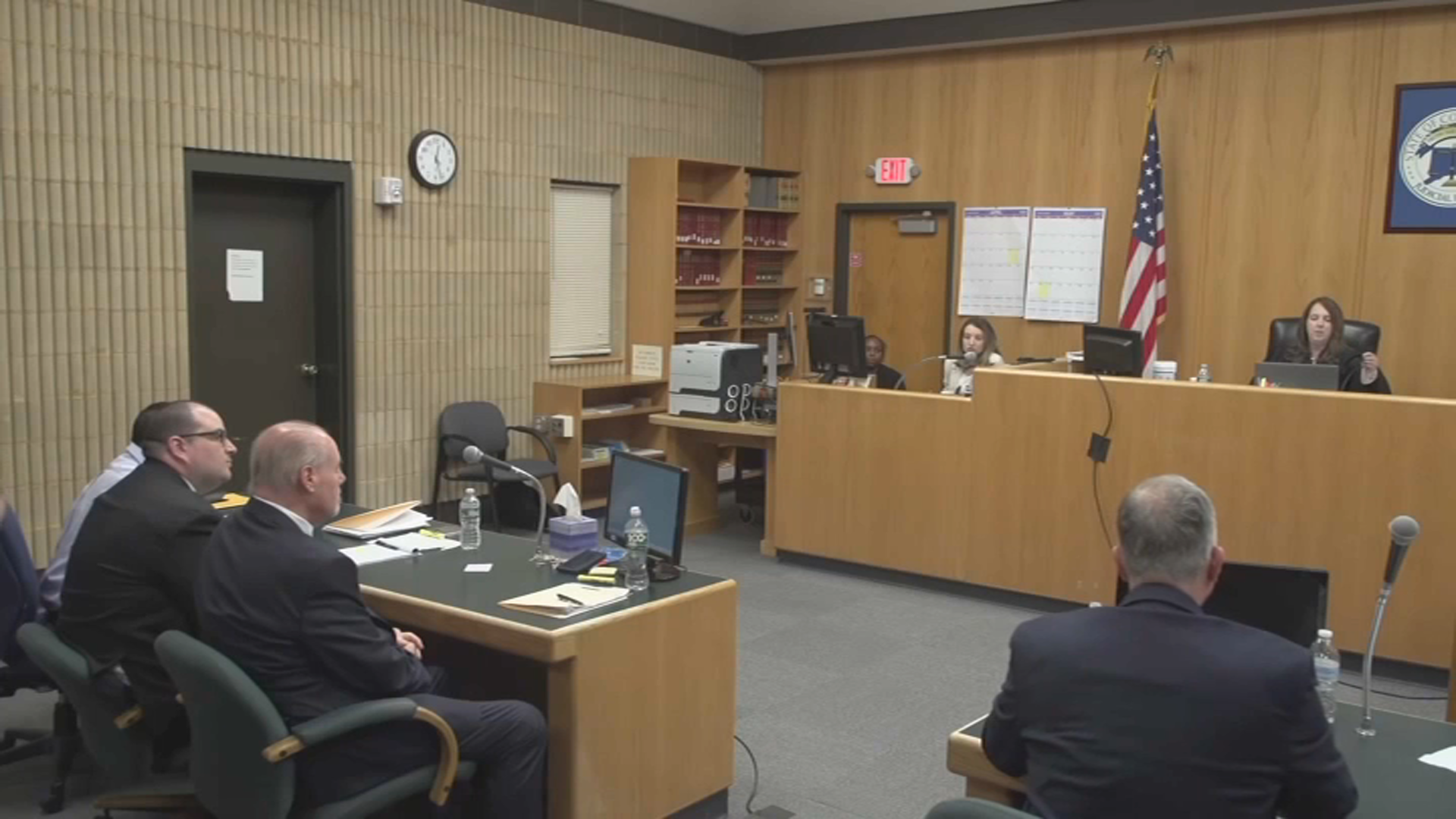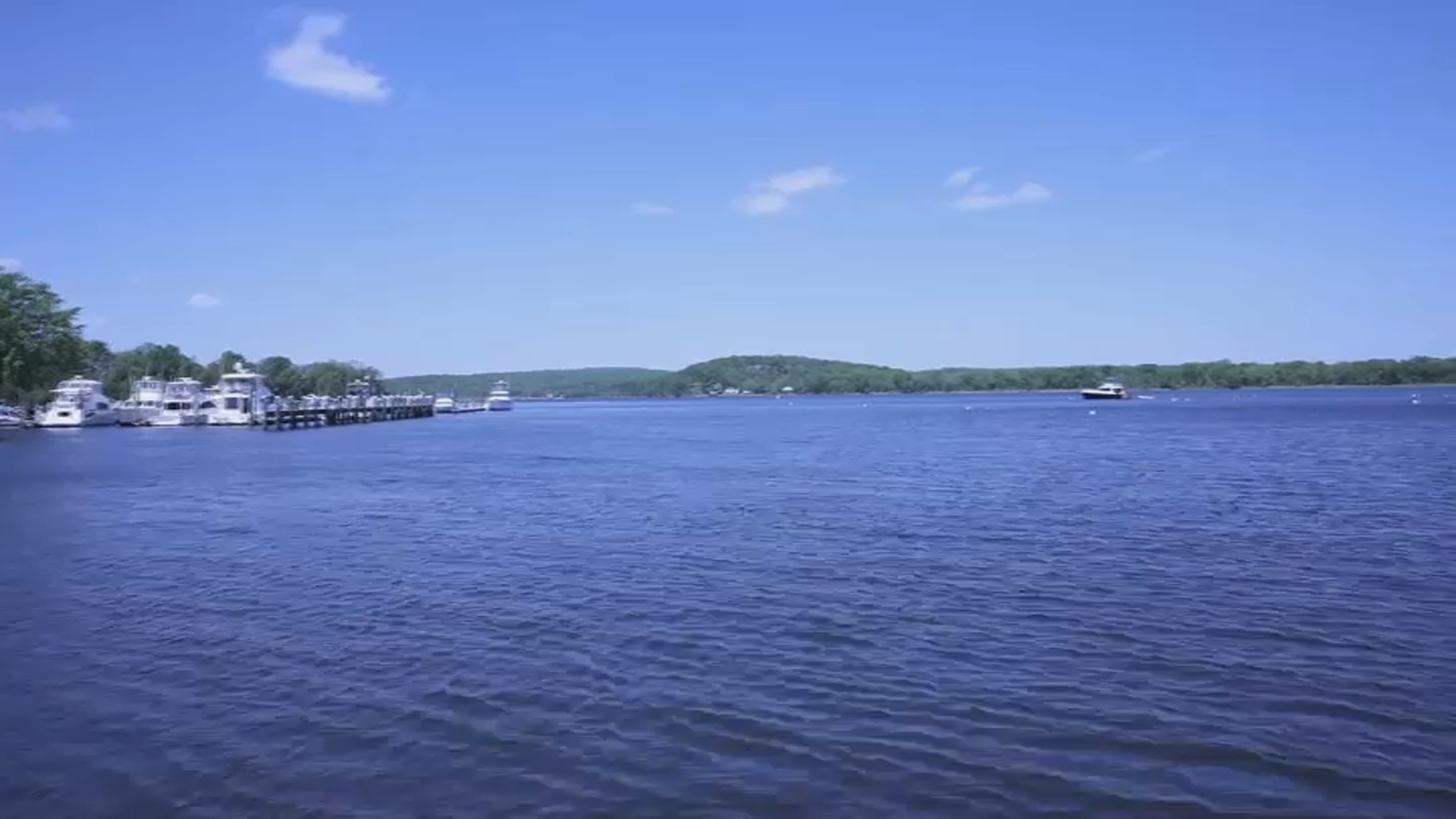A University of Connecticut team competing at the elite level on a national stage is nothing new, unless, of course, they’re competing in space-traveling robotics.
A University of Connecticut team competing at the elite level on a national stage is nothing new, unless, of course, they’re competing in space-traveling robotics.
It’s something no other school in the state has done before.
UConn senior Theresa Nosel, and a team of 24 other undergrads, are working on a design to help NASA explore parts of the moon that so far have proven too difficult to traverse.
The Stafford Springs native believes the team that she founded will have an impact, even if their creation never makes it to outer space.
Get top local stories in Connecticut delivered to you every morning. Sign up for NBC Connecticut's News Headlines newsletter.
“We believe our design is versatile and can be used off of the lunar surface. We think that there are applications here on earth,” she said.
The UConn team has been shooting for the moon in more ways than one.
They’re one of seven university teams to be awarded $150,000 from NASA for being selected as finalists in this year’s Big Idea Challenge.
Local
They’re competing against the top aerospace engineering schools in the country.
UConn junior Hritish Vhargava is one of the people now putting in as many, if not more, hours each week than a full credit class as they try to take their idea from an abstract concept to reality.
He said he doesn’t mind the extra work.
“Being able to apply what you learned in class, like, that’s the best thing you can ask for,” the Shelton native said, “so this project is where I apply everything I’ve learned.”
Kalin Kochnev is a freshman who said he came into this project last fall, just looking for an opportunity on campus to get involved.
“What ended up happening was, I had an idea and I shared it with the team and they really liked it and we ended up just building and building onto it and it finally got to the point where I was leading the product design efforts for actually fleshing out the idea so the proposal writing team could actually put something on paper,” Kochnev said.
And now it’s coming to life.
Nosel, who’s done two internships at NASA, may be the organizer and founder, but she says this truly is a team.
“We need people to design test methods, we need people to reach out to subject-matter experts, we need people to find opportunities where this technology can be used elsewhere,” the Material Science and Engineering double major says. “You don’t have to be an engineer to be on a team like this.”
While this team may be competing against other, more elite universities, she said that ultimately everybody will win.
“We’re really all just working together to progress science and technology and that’s a really cool thing to be a part of.”
In July, the team will start testing and refining their design, and they’ll present their prototype in November, to the Big Idea Challenge judges at a forum in California.
You can see an animation of their design here.



